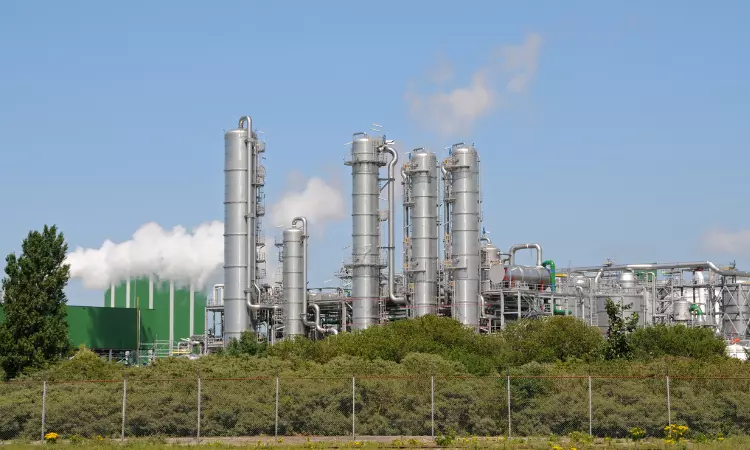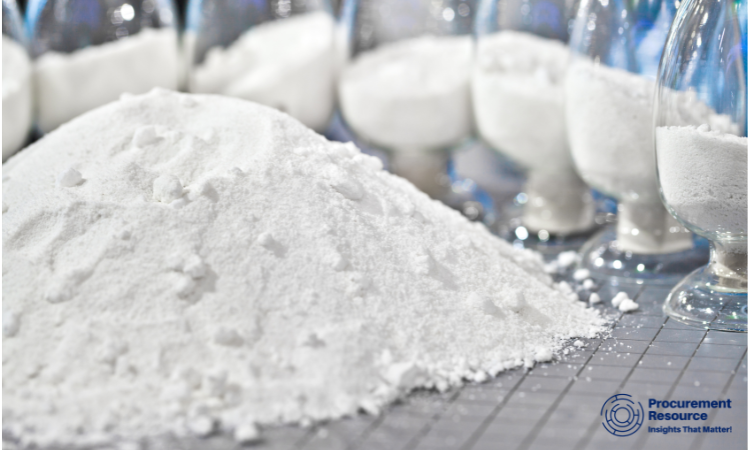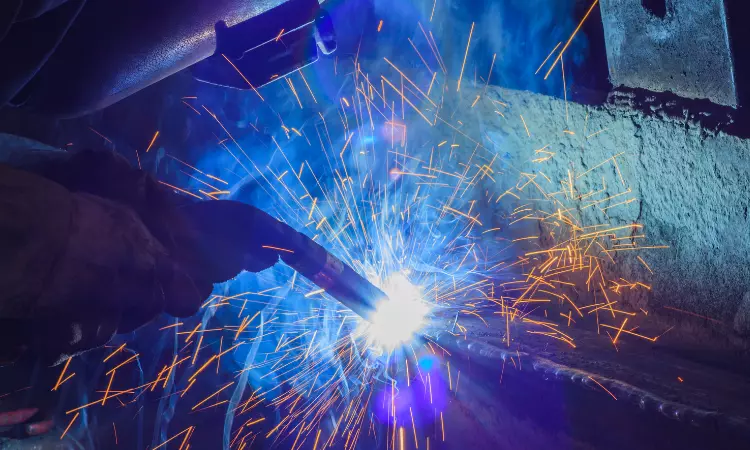Procurement Resource Analyses the Production Cost of Bio-Ethanol in its New Report
Analyses Overview of The New Production Cost Report of Bio-Ethanol
The new report by Procurement Resource, a global procurement research, and consulting firm, looks in-depth into the costs involved in the production of Bio-Ethanol. The comprehensive report analyses the production cost of the material, covering the raw material costs and co-product credit, equipment costs, land and site costs, labor wages, maintenance costs, financing charges, and depreciation costs. The extensive study describes the stepwise consumption of material and utilities along with a detailed process flow diagram. The report also assesses the latest developments within the industry that might influence Bio-Ethanol production cost, looking into capacity expansions, plant turnarounds, mergers, acquisitions, and investments.
Product Definition:
Bio-ethanol is a clear, colourless liquid that is both biodegradable and environmentally friendly. Sugar and starch-bearing plant yields such as maize, sugarcane, and lignocellulosic biomass are fermented to create it. The automobile industry uses bio-ethanol primarily as an octane booster for decreasing engine knocking.
Factors Impacting the Bio-Ethanol Production Cost:
Environmental concerns are driving the global bioethanol industry, which is encouraging firms to produce bioethanol, and blending regulations from regulatory bodies such as the EPA (Environmental Protection Agency) and plentiful raw material availability. However, over the projection period, the bioethanol market is projected to be hampered by high cellulosic ethanol investment costs and concerns regarding the usage of food crops for fuel generation. Furthermore, the development of second-and third-generation biofuels is likely to open up several prospects for growth in the bioethanol industry.
Procurement Resource Assessment of Bio-Ethanol Production:
The production cost report by Procurement Resource assesses the production of Bio-Ethanol from sugar via fermentation. A genetically engineered microbe is employed to convert sugar into bio-ethanol in this procedure.
A full cost study of bio-ethanol production from maize stover utilizing the pre-treatment of Corn Stover method is also included in this research. Corn stover is pre-treated with dilute acid and ammonia conditioning or overlining in this method. It is followed by enzymatic hydrolysis and fermentation respectively, thus, resulting in the formation of bio-ethanol.
This study also includes a comprehensive cost analysis of bio-ethanol production from maize stover using a biochemical conversion process. Biomass (corn stover) is used as the starting material for this process, which is fractionated to generate cellulose, hemicelluloses, and lignin. After that, hemicellulose and cellulose are converted to monomer sugars, which are subsequently fermented to produce bio-ethanol. The remaining lignin is burnt to create electricity.
The third production process of bio-ethanol is by using wood chips through the thermochemical method. Gasification of biomass (wood chips) is carried out in this process to create syngas, which are then transformed into bio-ethanol and mixed alcohols as by-products.
The report also includes a detailed cost analysis of bio-ethanol generation from wood chips using a biochemical conversion technique. The initial ingredient in this process is biomass (wood chips), which is subsequently fractionated to produce cellulose, hemicelluloses, and lignin. After that, hemicellulose and cellulose are converted to monomer sugars, which are subsequently fermented to produce bio-ethanol. The remaining lignin is burnt to create electricity.
Bio-ethanol production conducted using wood chips through a thermochemical method is also included in this research. The initial step in this process is to gasify biomass to generate syngas, which are subsequently utilised to make methanol and dimethyl ether (DME). Finally, to transform the DME generated into bio-ethanol, the hydrocarbonylation procedure is carried out.
The cost of producing bio-ethanol from sugarcane bagasse utilising a biochemical conversion method is also addressed in this paper. The extraction of hemicelluloses from biomass, which is then utilised to make bio-ethanol, is carried out in this process. The leftover biomass is burnt to generate power, which produces a potassium acetate solution as a by-product.
About Us:
Procurement Resource ensures that our clients remain at the vanguard of their industries by providing actionable procurement intelligence with the help of our expert analysts, researchers, and domain experts. Our team of highly seasoned analysts undertake extensive research to provide our customers with the latest and up-to-date market reports, cost-models, price analysis, benchmarking, and category insights, which aid in simplifying the procurement process for our clientele. We work with a diverse range of procurement teams across industries to get real-time data and insights that can be effectively implemented by our customers. We also track the prices and production costs of an extensive range of goods and commodities, thus, providing you with the updated and reliable data. We, at Procurement Resource, with the help of the latest and cutting-edge techniques in the industry, help our clients understand the supply chain, procurement, and industry climate, so that they can form strategies which ensure their optimum growth.
Contact Us:
Company Name: Claight Corporation
Contact Person: Chris Smiths
Email: sales@procurementresource.com
Toll Free Number: USA & Canada: +1-415-325-5166 | Europe & Africa: +44-702-402-5790 | APAC: +91-8586081494
Address: 30 North Gould Street, Sheridan, WY 82801, USA
Blog – https://procurementresource.blogspot.com/
Website: https://www.procurementresource.com/



